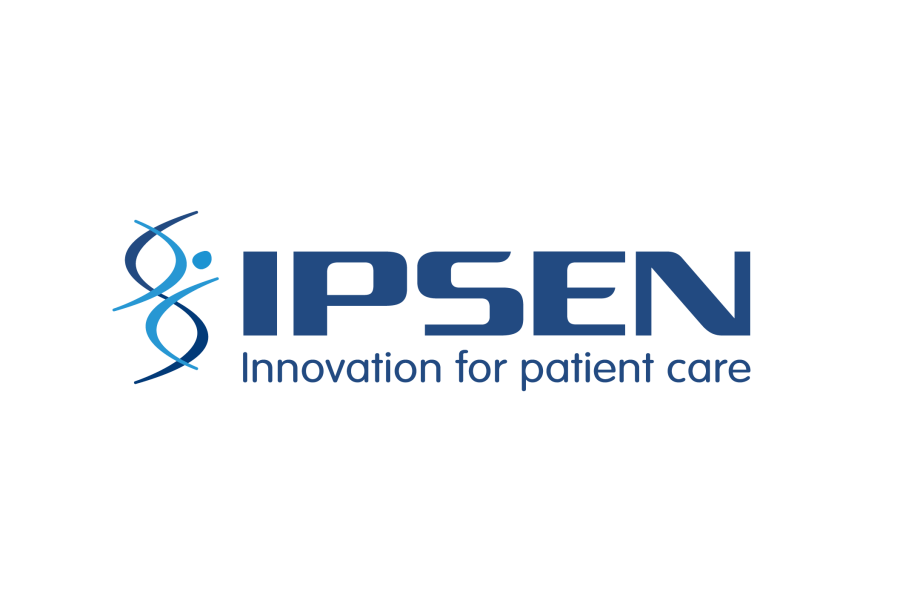Ipsen drug is first therapy for rare bone disease FOP in US

With FDA approval, Ipsen's marathon effort to bring palovarotene to market for the rare disease fibrodysplasia ossificans progressiva (FOP) has finally crossed the finish line in the US, after the drug was rejected last year.
The regulator gave the green light to the oral RAR gamma agonist for FOP under the Sohonos brand name yesterday, making palovarotene the first approved therapy for the ultra-rare bone disease in the US. It can be used to treat females aged eight years and older and males aged 10 and over.
Ipsen has set a list price of $624,000 for the drug, higher than expected by analysts, according to a Reuters report. The company has also earned a valuable FDA priority review voucher (PRV) that can be used to shorten the review time of future therapy.
So far, palovarotene has only reached the market in Canada, with conditional approval in United Arab Emirates (UAE). It was turned down earlier this year by the EMA's human medicines committee, and Ipsen appealed that decision, although it was unsuccessful.
There are an estimated 400 people in the US living with FOP, a life-shortening disorder in which bony lesions are laid down in muscles, tendons, and ligaments, and around 900 patients worldwide. Sohonos is thought to reduce the formation of these extra-skeletal bone deposits, striking at the mechanism underlying the disease.
The French drugmaker's head of R&D, Howard Mayer, said the FDA approval is a breakthrough for the US FOP community.
"For the first time, doctors have an approved medicine available to them, shown to reduce the formation of new, abnormal bone growth, known as heterotopic ossification (HO), which causes debilitating mobility challenges and has a devastating impact on the lives of people with FOP," he remarked.
By the age of 30 years old, the majority of people with FOP require a wheelchair and full-time caregiver assistance, and the average life expectancy is 56. Previously, the only therapy available to patients with FOP was medicines to treat symptoms, including pain.
Palovarotene was acquired by Ipsen as part of its $1 billion upfront acquisition of Clementia Pharma in 2019, but almost immediately ran into trouble. It failed a futility test in its first pivotal trial readout, was placed under a partial clinical hold by the FDA in 2020 while a safety signal was investigated, and had its first marketing application in the US withdrawn in 2021.
Those delays have allowed Regeneron to close the gap with its FOP candidate garetosmab, an activin A inhibitor that was also placed under a clinical hold but has now advanced into phase 3, with a filing scheduled for next year subject to a favourable results readout.
Meanwhile, Ipsen has another FOP candidate in its portfolio via a $535 million agreement with Blueprint in 2019 for BLU-782, an ALK2 inhibitor.













